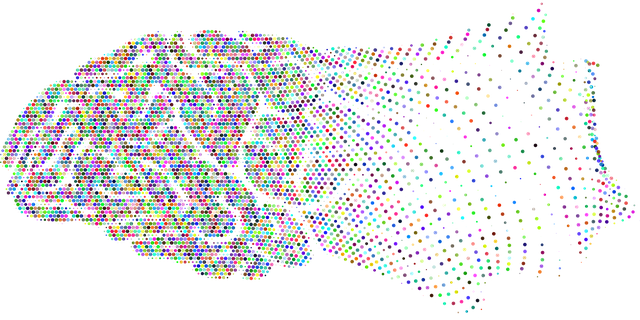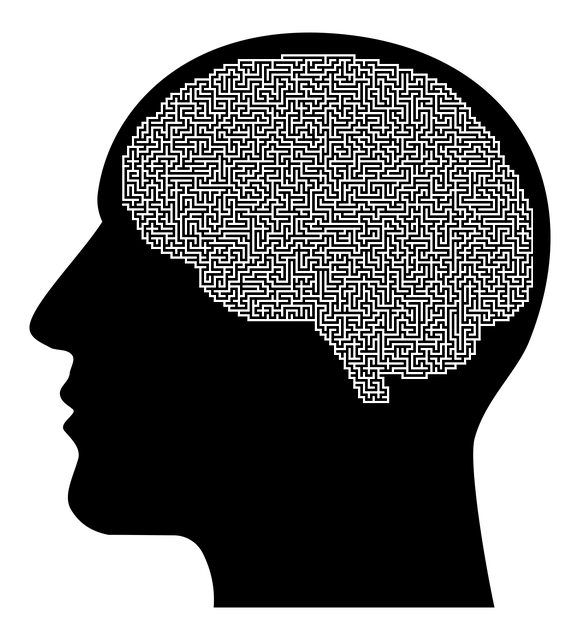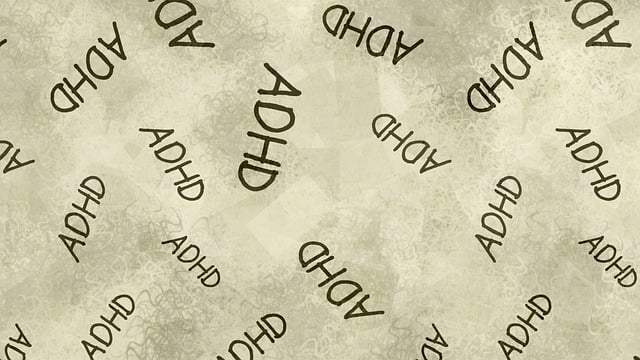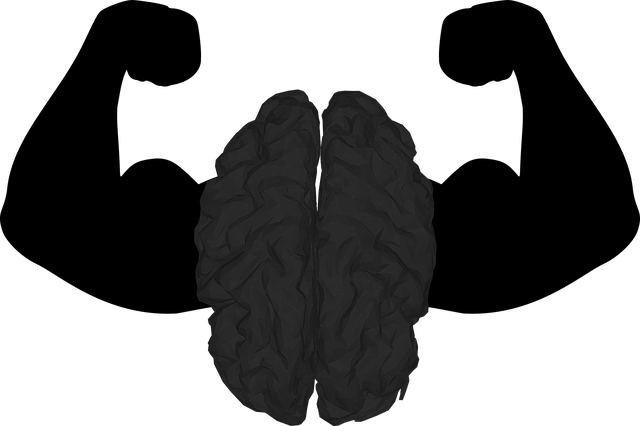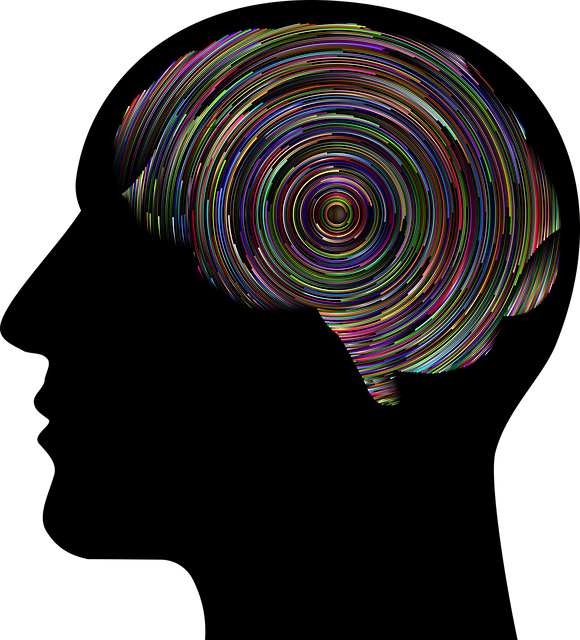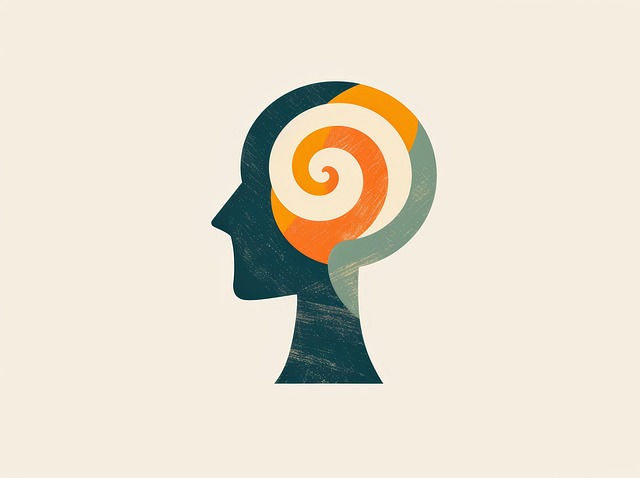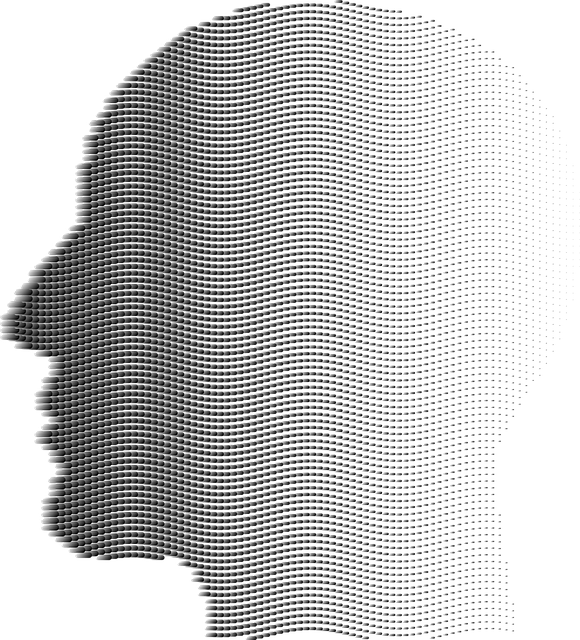Mental wellness coaching offers a specialized support system for young adults with neuro disorders, integrating education, stress reduction, and mindfulness tailored to neurodiversity. Using evidence-based techniques like CBT and group therapy, these programs foster resilience and teach self-care routines. By combining creative outlets, individualized coaching, and peer support, they equip young adults with tools to manage symptoms and improve overall well-being, contributing to destigmatization and access to quality care for this demographic. Success is measured through holistic improvements in quality of life, emotional resilience, and stress management, ensuring sustained mental health benefits beyond program duration.
Mental wellness coaching programs are transforming lives, especially for young adults with neuro disorders. This article delves into the development of effective therapy interventions tailored to this unique population. We explore key components, from understanding the specific mental health challenges faced by young adults with neurodiversity to integrating evidence-based practices. By examining successful strategies and measuring their impact, we aim to promote long-term well-being through tailored coaching programs, offering hope and support for a brighter future.
- Understanding Mental Wellness Coaching for Young Adults with Neuro Disorders
- Designing Effective Therapy Programs: Key Components and Strategies
- Integrating Evidence-Based Practices into Coaching Interventions
- Measuring Success and Promoting Long-Term Well-Being
Understanding Mental Wellness Coaching for Young Adults with Neuro Disorders

For young adults living with neuro disorders, Mental Wellness Coaching offers a specialized and tailored approach to supporting their unique mental health needs. This type of coaching goes beyond traditional therapy by focusing on fostering resilience, building coping strategies, and promoting self-acceptance in individuals navigating conditions like autism, ADHD, or bipolar disorder. It’s about empowering them to manage their symptoms effectively and improve overall well-being.
Coaching programs designed for this demographic often incorporate elements of mental health education within a supportive environment. These Mental Health Education Programs teach strategies for stress reduction, mindfulness practices, and emotional regulation techniques specifically adapted for neurodiversity. Additionally, incorporating creative outlets like mental wellness podcast series production can provide an engaging way to share experiences and offer support among peers. Encouraging self-care routines tailored to individual needs is also a crucial aspect of this coaching, ensuring young adults develop sustainable habits for better mental health.
Designing Effective Therapy Programs: Key Components and Strategies

Designing effective therapy programs for young adults with neuro disorders requires a multifaceted approach. Key components include tailored interventions that address specific challenges faced by this demographic, such as navigating social pressures and academic demands while managing symptoms. Incorporating evidence-based techniques like cognitive behavioral therapy (CBT) and mindfulness practices can significantly enhance the program’s impact.
Strategies should focus on fostering resilience through self-care practices and mood management skills, aligning with the mind over matter principles. Group therapy sessions that promote peer support and shared experiences can create a sense of community, while individualized coaching ensures personalized attention to each participant’s unique needs. By integrating these components, therapy programs can effectively equip young adults with neuro disorders the tools they need for long-term mental wellness.
Integrating Evidence-Based Practices into Coaching Interventions

Integrating evidence-based practices into coaching interventions is a strategic approach to enhancing mental wellness programs for young adults. These practices, backed by extensive research in therapy for neuro disorders, offer a robust foundation for coaches to support their clients effectively. For instance, incorporating mindfulness meditation and self-care practices has been shown to reduce symptoms of anxiety and depression, improving overall mental health outcomes.
By adopting these evidence-based techniques, coaching programs can go beyond traditional talk therapy. They can empower young adults with tools that foster resilience and self-regulation, addressing the complex needs of this demographic. Furthermore, aligning coaching interventions with current mental health policy analysis and advocacy ensures that programs are not only effective but also align with broader societal efforts to destigmatize mental illness and improve access to quality care.
Measuring Success and Promoting Long-Term Well-Being

Measuring success in mental wellness coaching programs is a nuanced process that goes beyond simple numbers. It involves tracking improvements in clients’ quality of life, emotional resilience, and ability to manage stressors. By employing validated assessment tools and qualitative feedback, coaches can gain insights into each individual’s progress, tailoring interventions for long-term well-being. This holistic approach considers not just the reduction of symptoms like anxiety or depression (though that’s important), but also the development of effective coping strategies, enhanced self-awareness, and improved relationships—essential components for navigating life’s challenges, especially for young adults with neurodisorders.
Promoting sustained mental health requires ongoing support and the integration of learned skills into daily life. Coaches play a pivotal role in fostering this by teaching clients practical tools for mood management, anxiety relief, and stress reduction methods. Equipping individuals with these resources enables them to independently maintain their progress and adapt to future stressors, ensuring that the benefits of coaching extend far beyond the duration of the program itself.
Mental wellness coaching programs designed specifically for young adults with neuro disorders hold immense potential in fostering resilience and enhancing overall well-being. By integrating evidence-based practices, such as cognitive-behavioral therapy techniques and mindfulness exercises, coaches can create tailored interventions that address the unique challenges faced by this population. Through a focus on key components like education, skill development, and ongoing support, these programs empower individuals to navigate their neurodiversity with confidence. Measurable outcomes and long-term success are achievable when coaching incorporates regular assessments and promotes sustainable lifestyle changes, ultimately improving the quality of life for young adults navigating mental health and neurodevelopmental challenges.
